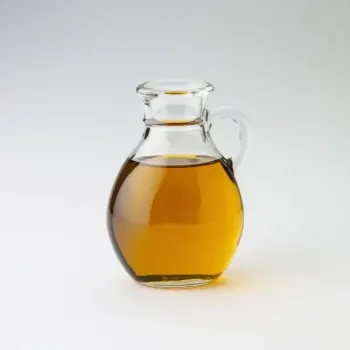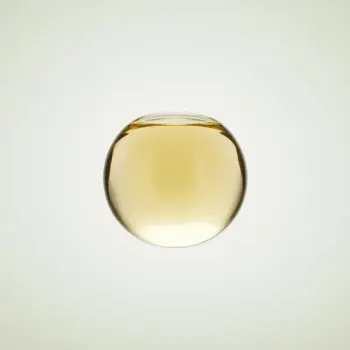Mirin and White Wine are both cooking liquids used to enhance flavors in dishes, with Mirin being a sweet Japanese rice wine and White Wine a fermented grape juice that varies in taste and is used globally.

Mirin is a sweet Japanese rice wine, essential in many Japanese dishes. It has a lower alcohol content and a mild, sweet taste that complements soy sauce and other seasonings.

White Wine, made by fermenting the juice of white grapes, is used globally in cooking to add acidity and depth. Its flavor profile ranges from light and crisp to rich and full-bodied, depending on the variety.
Mirin boasts a sweet flavor with a syrupy texture, often used to balance savory dishes in Japanese cuisine. White Wine, in contrast, offers a range of flavors from tart to sweet, with a thinner consistency, and is used to deglaze, marinate, or enhance sauces in various cuisines.

Your ultimate Recipe Box, Meal Planner, and Cooking Class all in one
Ideal for Teriyaki and Yakitori, Mirin tenderizes proteins while adding a subtle sweetness. Use it in a 1:1 ratio with soy sauce for a classic Japanese marinade. Perfect for Chicken Piccata or Seafood dishes, White Wine's acidity tenderizes and adds complexity. Combine with herbs and garlic for a fragrant marinade.
Use Mirin in a glaze for fish or in a Miso glaze for vegetables to provide a glossy finish and a sweet flavor without overpowering the dish. White Wine shines in Beurre Blanc or White Wine Sauces for pasta, offering a sharp, acidic counterpoint that enhances the overall dish.
Mirin can be drizzled over fresh fruit or ice cream for a light, sweet accent. Its subtle sweetness complements without overwhelming the dessert's flavors. White Wine poached pears or a Sabayon sauce are classic desserts where White Wine infuses delicate fruit flavors and a touch of elegance.
You can substitute White Wine for Mirin by adding a pinch of sugar to mimic its sweetness, understanding it will introduce more acidity. Conversely, Mirin can replace White Wine by reducing the other sweet elements in the recipe to balance the dish.
Mirin is higher in sugar and has a lower alcohol content than most White Wines.
| Nutrient | Mirin ( per 100ml ) | White Wine ( per 100ml ) |
|---|---|---|
| Sugars | 24g | 1g |
| Alcohol | 14g | 10g |
| Calories | 224 | 82 |
| Carbohydrates | 33g | 2.6g |
Yes, but be mindful that Mirin is sweeter and you may need to adjust the other sweet components in your dish.
No, Mirin contains alcohol, although in lower amounts compared to White Wine.
Yes, but add a bit of sugar to approximate the sweetness of Mirin.
Dry, crisp wines like Sauvignon Blanc or Pinot Grigio are versatile for cooking.
Cooking can reduce the alcohol content, but some traces of alcohol may remain in the dish.